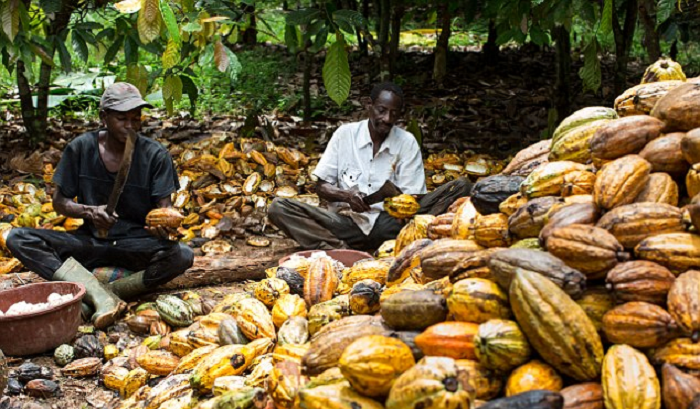
Revamping the cocoa industry
Once upon a time, Ghana was the leading producer and exporter of cocoa in the world. Up until some time in the 1970s, Ghana held onto the enviable record. The changing weather and poor incentives to farmers combined to reduce cocoa yields from that period even to the present day.
Advertisement
Cocoa revenue has helped to sustain the livelihoods of not only cocoa farmers but also the entire citizenry, as cocoa proceeds are used to build roads, schools and health facilities.
Cocoa farmers and merchants were powerful forces at the time because their efforts kept the economy on track, making cocoa the mainstay or the lifeblood of the economy.
Today, however, the industry is challenged and some of the challenges have been created by our actions and inaction.
The introduction of the Suhum Cocoa Project by the government in the 1980s, supported by the World Bank, did not help matters, as the same attitude towards government projects was exhibited by the officials supervising the project, such that at the end of the project there was nothing to show for the investment.
The drought of 1983 also aggravated the fortunes of cocoa farmers across the six cocoa-growing regions, as widespread drought and bushfires destroyed many cocoa farms.
Enter the cocoa rehabilitation programme by the PNDC government that witnessed the massive replanting of degraded cocoa farms.
Although many farms were replanted, Ghana dropped from being the leading producer of cocoa to the third position and it has been struggling to recapture that top position ever since.
During the Kufuor administration, a massive cocoa revival programme was initiated with the free mass spraying of cocoa farms and the supply of free seedlings that helped the country to attain the one million tonnage mark in 2010.
Since then, however, the tonnage has slipped below 700,000, although the government has been doing a lot to revive the cocoa industry.
Swearing in the new Board of Directors of the Ghana Cocoa Board (COCOBOD) in Accra yesterday, President Nana Addo Dankwa Akufo-Addo hinted of plans by his government to raise cocoa production to one million tonnes per annum.
Recent reports from the cocoa sector about the way the top leadership has been managing COCOBOD are not good enough. Farming is a very labour-intensive venture and those who supervise the industry should not enjoy at the expense of the poor cocoa farmer.
The COCOBOD scholarship scheme meant for children of cocoa farmers does not reach the intended beneficiaries, while cocoa road contracts are awarded in areas where cocoa is not produced.
The mass cocoa spraying exercise and free seedlings scheme have been politicised to such an extent that farmers perceived not to belong to the ruling political party are not catered for.
There is the need for the cleansing of the cocoa sector, so that the rot can be eliminated to achieve our target of becoming the leading producer of cocoa in the world in the not too distant future.
The Daily Graphic thinks that unless we expose and remove the elements who put self first in the cocoa industry, our agenda to increase cocoa production will remain a pipe dream.




